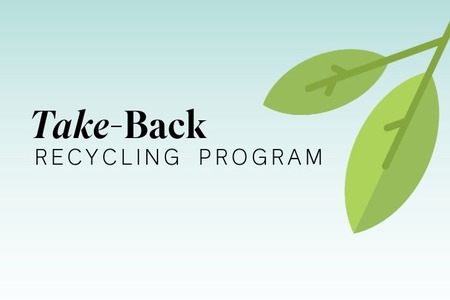
Bangladesh govt imposes ban on raw jute export for a month from Nov 3
YarnsandFibers News Bureau 2015-11-03 15:00:00 – DhakaBangladesh Jute Mills Corporation (BJMC), Bangladesh Jute Spinners Association (BJSA) and Bangladesh Jute Mills Association (BJMA) hailed the government decision for imposing a month-long ban on raw jute export aiming to make the implementation of the Mandatory Use of Jute Product Labeling Law (MJPL) 2010 a success.
The ban has been slapped to increase supply of the fibre for local jute bag and sack-makers, an official at the Ministry of Textile and Jute (MoTJ) said.
The beginning of this jute season, price of the golden fibre was higher in the domestic market mainly due to higher demand in both local and global markets. But heavy rain and flood in July-September period, the jute-growing season caused a yield loss which led to rise in the prices.
Apart from formal export, many traders allegedly hoarded a huge volume of raw jute for which the jute mills were not getting jute as per their requirements.
The government has imposed one month ban for a smooth supply of raw jute for the millers, who are working hand in hand to implement the MJPL. However, mobile courts will also be active against the traders involved in illegal stocking.
Department of Jute (DoJ) director general Muazzem Hussain said that his department has started drives against hoarders. A list has been made according to which they are taking stern action. Ffive traders have so far been fined for illegal hoarding.
BJSA chairman Ahmad Hossain said that the decision is praiseworthy but it should have been taken one and a half month back which could benefit the spinners who use more than 3.6 million bales of raw jute.
However, raw jute exporters said that they welcome the short-term ban but it should not be for a long term.
Secretary of Bangladesh Jute Association (BJA) Abdul Quayyum said that apart from local jute mills, Nepalese, Pakistani and parts of Indian jute mills totally depend on Bangladeshi raw jute.
In case of a long-term ban, they might lose their fixed market as many of foreign jute mills might face closure as they are the only raw jute exporter in the world.
According to jute market expert Quayyum, who has 43 years of experience in the jute sector, the government will also have to consider employment of nearly 0.2 million traders and workers involved in raw jute export, with the imposition of ban.
Meanwhile, the MoTJ sent a letter to the Ministry of Home Affairs (MoHA) to take actions against the raw jute smugglers. The letter, issued on October 26 last said that many of unscrupulous traders might be involved in raw jute smuggling to the neighbouring country for which a crisis of raw jute might occur in Bangladesh.
To prevent smuggling, the MoTJ requested the MoHA to step up vigilance in the border areas and to take other necessary actions, ministry sources said.
According to the DoJ, the country's demand for raw jute is now 7.5 million bales of which jute spinners use the highest 3.6 million bales while the BJMC and the BJMA need 1.2 million bales each while raw jute export stands at more than 1.5 million bales.
According to the Bangladesh Bureau of Statistics, production of jute was 7.5 million bales in the last financial year (FY'15) which is further expected to decline in the current financial year due to heavy rain coupled with flood during cultivation period,
MoTJs decision taken on November 01 under the Sections 4 and 13 of the Jute Ordinance 1962, the ban will remain effective from November 03 to December 02.
Market Intelligence
Ask for free sample Report

experience
Customer Base
dedicated team
Countries Served Worldwide









